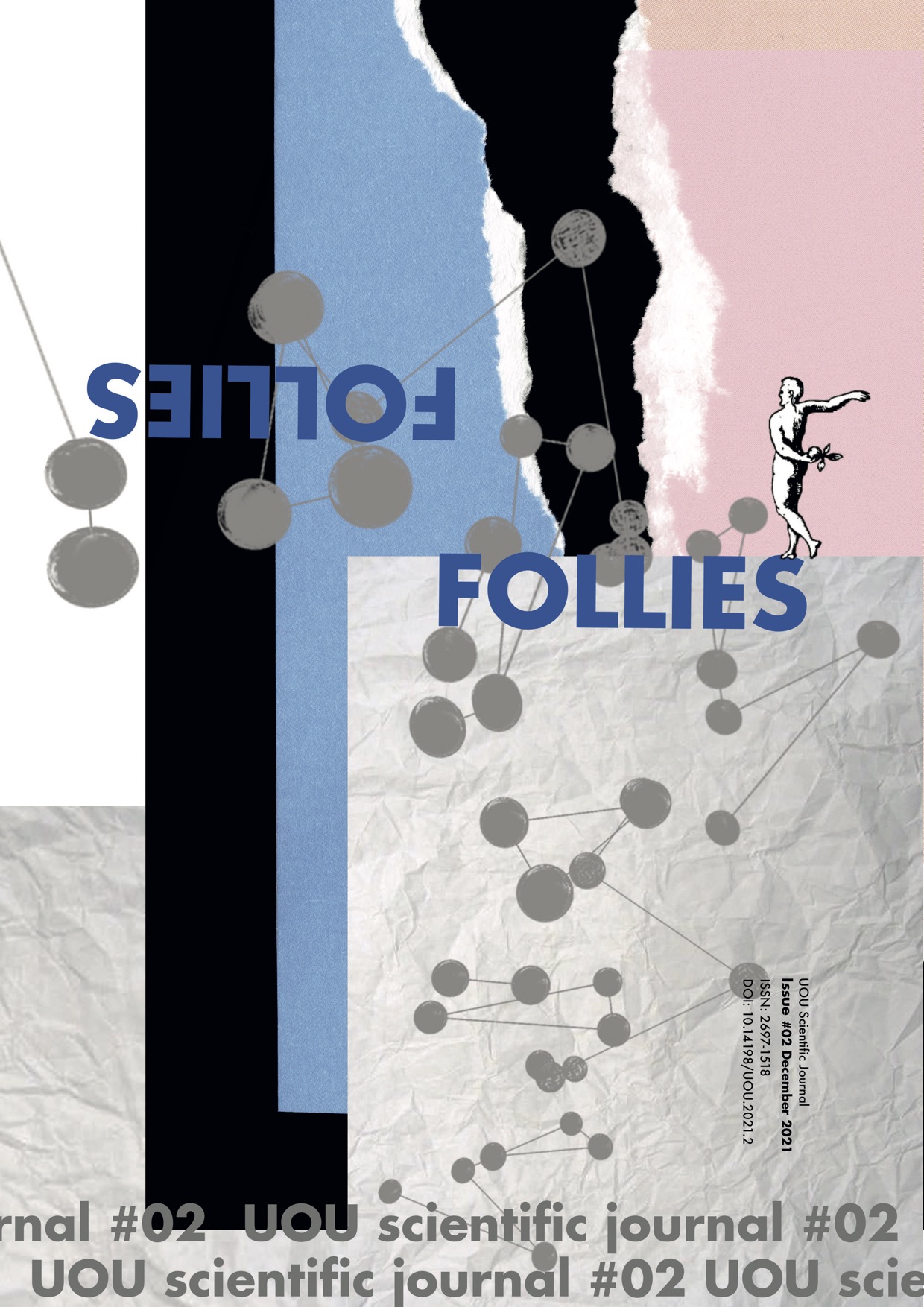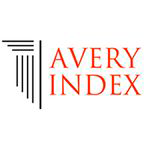“La Cage aux Folles” / The Return of the Cage: The Folly as a Pedagogy and Awareness Raising strategy.
Abstract
265 years after the tremendous earthquake that destroyed the medieval city ofLisbon, we deal again with a destroyed city. Only in the last ten years, Neoliberalism – with its disastrous take on built heritage - managed to wipe out almost every interior from old heritage buildings.
The innovative 18th Century “Gaiola Pombalina” structural system (a freestanding cage-like wood frame structure devised to withstand future Earthquakes) was also demolished. Only the old street facades remained, to be filled up with common contemporary looking interiors.
This text presents a strategy to stimulate a general reassessment of this system - helping raise awareness to the cultural importance of interiors’ conservation in heritage buildings - through the presence of Follies in urban space.
These Follies – the Gaiolas – will be wood frame tower-like structures with no exterior cladding; two storeys high, with wood plank floors and ceilings, faithfully reproducing the old demolished Gaiolas’ details.
Architecture students, teachers and enthusiasts will collectively build each Gaiola. This will require a previous engagement in a pedagogy shift in Architecture Schools where students will be encouraged to experiment in carpentry. Embodied Knowledge will be the goal.
The other goal of this strategy will focus on the general public, raising its awareness for this matter. This will also be crafted - through Epic Drama - when these new Gaiolas reach urban space.
In the dawn of November 1st 2025 – 270 years after the Great Earthquake - the Gaiolas will return to the city to confront the established order. This will happen in two stages, emulating two confrontations fromLisbon’s 3000 years old history: The 1147 Lisbon´s Siege and the 1974 April 25th Revolution.
With that in mind, these new movable Gaiolas will be erected and stationed where the Assault Towers from 1147 were placed – Lisbon will again be “under siege” – then, throughout 2026, these same structures will be moved and “invade” the historical city centre public space, like the armoured tanks did in 1974. The People will again jump on board.
Downloads
References
DUARTE, Eduardo – “De França à Baixa, com passagem por Mafra”. In: Monumentos 21. Lisboa: Direcção Geral
dos Edifícios e Monumentos Nacionais, 2004, pp. 76-87. ISSN 0872-8747.
LOPES, Filipe Mário - “A Reabilitação dos Bairros Antigos: O “Modelo” de Lisboa”, Estruturas de Madeira
Reabilitação e Inovação. Lisboa, GECoRPA, 2000.
ROTH, Catherine (ed.). Guidance on Urban Rehabilitation: document prepared within the framework of the Technical Co-operation and Consultancy Programme. Strasbourg: Council of Europe Publ. Cultural heritage, 2004. ISBN 978-92-871-5528-3.
CATTANEO, Carlo. “Agricoltura e Morale”. In: Atti della Società d’incoraggiamento d’Arti e Mestieri. Milan: 1845.
DJABAROUTI, Johnathan, Christopher O’FLAHERTY. “Experiential learning with building craft in the architectural design studio: A pilot study exploring its implications for built heritage in the UK”, (https://www.sciencedirect.com/science/article/abs/pii/S1871187118303900) retrieved on August 4th 2021.
TZONIS, Alexander, Liane LEFAIVRE. Cambridge: MIT Press, 1986. ISBN 978-0-262-70031-3.
RIEGLER-FLOORS, Petra, Annette HILLEBRANDT. “Detachable Connections and Constructions”. In: HILLEBRANDT, Annette, Petra RIEGLER-FLOORS and
Anja ROSEN. Manual of Recycling: Buildings as sources of materials. Munich: Detail Business Information GmbH. Detail
Construction Manuals, 2019, pp. 42-57. ISBN 978-3-95553-492-9.
RASMUSSEN, Steen Eiler. Experiencing Architecture. Second edition. Cambridge: MIT Press, 1964. ISBN 978-0-
-68002-8
ORDINE, Nuccio. The usefulness of the useless. Philadelphia: Paul Dry Books, 2017. ISBN 978-1-58988-116-7.
Downloads
Published
How to Cite
Issue
Section
License
Copyright (c) 2021 Pedro Sol

This work is licensed under a Creative Commons Attribution 4.0 International License.
The authors keep their rights upon their work, although they transfer, in a non-exclusive way, the rights of exploitation (reproduction, publication, distribution, public dissemination and presentation) to the Journal. The authors are, therefore, free to enter additional, separate contracts for the non-exclusive distribution of the version of the work published in the Journal (for instance, by hosting in an institutional repository or publication in a book), provided credit is given that the work was initially published in this journal. The works are published under a Creative Commons Attribution 4.0 (CC BY 4.0) license.












